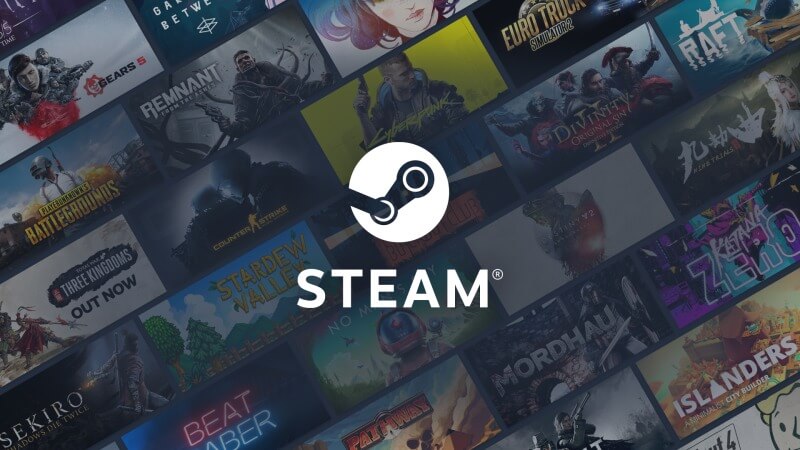IGDA Offers Statement On Steam and Itch Content Bans But Some Devs Feel Thrown Under Bus

In response to Steam and Itch.io’s widely criticized policy changes that have de-indexed and removed many games with adult content, the International Game Developers Association (IGDA) has put out a statement.
“The International Game Developers Association (IGDA) is seriously alarmed by the recent wave of game delistings, deindexing, and payment disruptions targeting adult-themed titles on platforms such as Steam and Itch.io.” the statement reads. “Reports suggest these actions have been taken with little to no communication and have disproportionately harmed developers producing legal, consensual, and ethically-developed content, including creators from marginalized communities.”
One of the first lines of concern after the new Steam and Itch.io policies were discovered was that they would disproportionately affect games with queer themes, which are often considered “adult” for simply existing, and the statement addresses this: “Games that feature consensual adult content, including queer, kink-positive, or romantic narratives, are easily targeted under vague or overly cautious enforcement, often forcing developers into silence or self-censorship because platforms fear perceived risks associated with hosting legal adult content.” As the statement points out, these changes have been driven by pressure from payment processors like Visa, Mastercard, and others, which can enforce content changes by threatening to withhold their services.
The IGDA also lays out the impact of these rule changes on developers, which include: “Loss of income: Delistings strip developers of visibility and revenue, often cutting off their primary source of income. Lack of notice or explanation: Many developers receive no advance warning or rationale for enforcement, and no opportunity to revise or appeal. Misidentification of content: Consensual, legal adult games are being flagged or removed simply for being explicit. Reputational harm: Removals without context can suggest wrongdoing, damaging careers and credibility. Creative suppression: Developers may preemptively self-censor or abandon projects out of fear of removal. Disproportionate impact on marginalized voices: Queer, trans, femme-identifying, and POC developers may be disproportionately affected by overreaching censorship.”
To further emphasize the last point, developer Cara Cadaver announced yesterday that her upcoming horror game, VILE: Exhumed, has been banned for sale on Steam. It was removed for “sexual content with depictions of real people,” which is all the more head-scratching because this sexual content is implied and never directly shown. Having played the game, it is undeniably unpleasant and uncomfortable, but in service of critiquing misogyny, stigmatization of sex work, and sexual violence against women. And while its writing is upsetting, most of the story is delivered via webpage text.
-

-

-

-

-

-

-

-

-

-

-

-

-

-

-

-

-

-

-

-

-

-

-

-

-

-

-

-

-

-

-

-

-

-

-

-

-

-

-

-








































